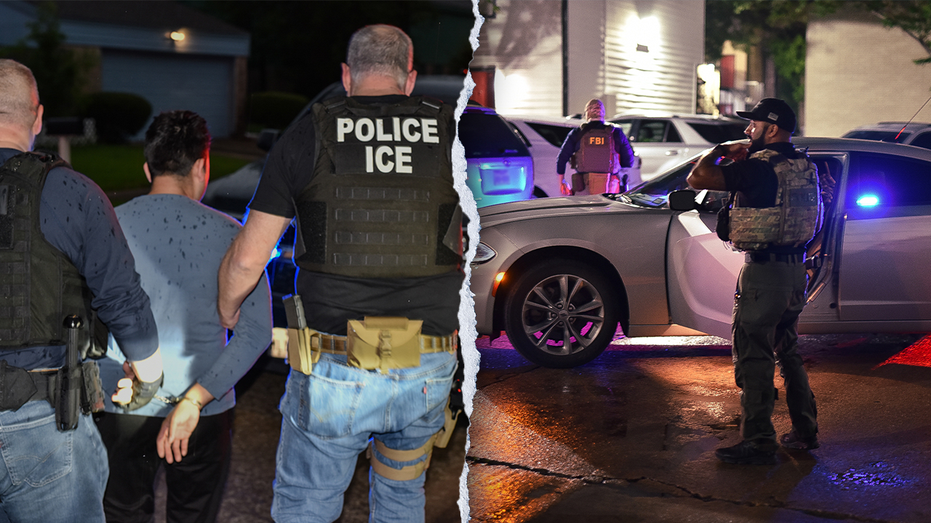ICE Conducts Major Texas City Raid: Deportation of Child Predators, Gang Members, and Human Traffickers
ICE deports 142 criminal illegals, including child predators, gang members, and human traffickers, in Houston over two weeks.

In a two-week sweep that has drawn sharp attention to border security concerns, Immigration and Customs Enforcement (ICE) officials in the Houston area deported 142 criminal immigrants to Mexico. The recently concluded operation, which ran from May 19 through May 30, targeted individuals with a history of serious criminal offenses, including child exploitation, gang violence, drug trafficking, and human trafficking. The migrants deported during this period had been convicted of a stunning 473 criminal offenses and had illegally crossed into the United States a combined 480 times.
Among those removed were 11 individuals convicted of crimes against children, eight who were documented members of transnational gangs, and at least one individual who had illegally re-entered the United States on 21 separate occasions. Of particular note were 43 convictions related to aggravated assault and domestic violence, 48 related to drug trafficking or possession, and 22 connected to human trafficking or smuggling. One deportee faced a conviction for making terroristic threats, further highlighting the breadth of offenses included in the recent operation.
ICE identified several individuals by name, underscoring the severity of the crimes involved. Alejandro Aguilar Vazquez, 45, was convicted three separate times of cruelty toward a child. Luis Angel Garcia-Contreras, a 40-year-old member of the Surenos 13 gang, was found to have illegally entered the country 21 times and already faced four convictions for illegal entry. Another deportee, Benito Charqueno Zavala, 60, was convicted of continuous sexual abuse of a child. According to ICE officials, such repeat offenses are unfortunately common, reflecting systemic challenges at the border.
Bret Bradford, the director of ICE’s Enforcement and Removal Operations in Houston, described these arrests as merely a "small snapshot" of the broader crisis. "For the past few years, there was virtually no deterrent to illegally entering the country," he stated, drawing a direct link between what he described as lax enforcement policies and the influx of violent offenders. Bradford warned that many such criminals ultimately prey upon law-abiding residents, increasing dangers for local communities, especially in Texas, which encompasses over 60% of the U.S.-Mexico border region.
Texas has become a focal point in the ongoing national immigration debate, with law enforcement and public officials expressing growing concern about threats posed by organized crime and unchecked migration. Ammon Blair, a senior policy expert, called the ongoing situation "a direct threat to public safety and national security," and estimated that the recent Houston deportations represent only a small portion of the approximately 650,000 criminal aliens currently on ICE’s Non-Detained Docket nationwide. He emphasized that hundreds of thousands remain free to move throughout American communities.
Blair also noted the extraordinary measures taken by Texas counties, with nearly 100 either issuing disaster declarations or formally declaring an invasion. These steps, he said, were responses to ongoing cartel operations, mass migration, and the release of violent offenders—not political grandstanding but what local governments see as necessary actions in light of escalating risks.
Political leaders have weighed in, with Texas Governor Greg Abbott’s office commending federal efforts to intensify removals under the current administration. The governor’s spokesperson credited recent enforcement actions with making Texas communities safer and reaffirmed the state’s commitment to supporting ongoing federal deportation initiatives.
This high-profile deportation operation is part of a broader, intensifying focus on immigration enforcement in states most affected by illegal border crossings. As Texas continues to experience significant impacts from mass migration and cross-border crime, officials indicate that such operations are likely to become even more frequent and far-reaching in the weeks ahead.




